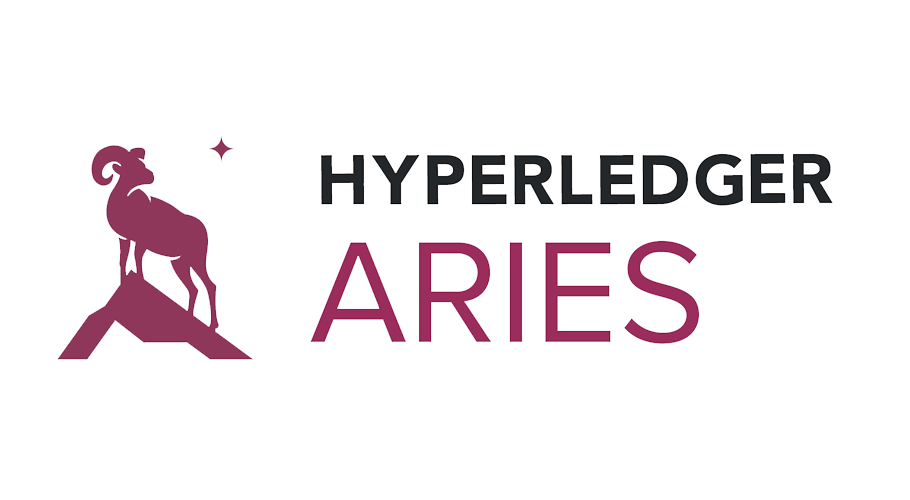Hyperledger, the open source collaborative created to advance cross-industry blockchain technologies, this week has introduced Aries – the newest Hyperledger project. Aries is a shared infrastructure of tools that enables the exchange of blockchain-based data, supports peer-to-peer messaging in various scenarios, and facilitates interoperable interaction between different blockchains and other distributed ledger technologies (DLTs).
Hyperledger Aries intends to:
- Provide code for peer-to-peer interaction, secrets management, verifiable information exchange, and secure messaging for different decentralized systems.
- Foster practical interoperability in support of ongoing standards and extend the applicability of technologies developed within Indy beyond its current community components from the Hyperledger stack into a single, effective business solution.
It includes:
- A blockchain interface layer (known as a resolver) for creating and signing blockchain transactions.
- A cryptographic wallet for secure storage (the secure storage tech, not a UI) of cryptographic secrets and other information used to build blockchain clients.
- An encrypted messaging system for off-ledger interactions between clients using multiple transport protocols.
- An implementation of ZKP-capable W3C verifiable credentials using the ZKP primitives found in Ursa.
- An implementation of the Decentralized Key Management System (DKMS) specification currently being incubated in Hyperledger Indy.
- A mechanism to build higher-level protocols and API-like use cases based on the secure messaging functionality described earlier.
The generic interface of Aries will initially support the Hyperledger Indy resolver but is flexible enough so that someone could build a pluggable method using other DID method resolvers such as Hyperledger Fabric, Ethereum, or another DID method resolver they wish. These types of resolvers would support the resolving of transactions and other data on other ledgers.
Additionally, Hyperledger Aries will provide features and functionality outside of the scope of the Indy ledger to be planned and fully supported. The Aries development team has already reached out to other groups, including Ethereum-based decentralized identity efforts and others participating at the W3C to contribute to this code base.
With all of these capabilities, the open source community will now be able to build core message families that are necessary to facilitate interoperable interactions with a wide variety of use cases involving blockchain-based identity.
One of the main purposes of this project is to change the client layers in Hyperledger Indy to be interoperable with other identity projects. Hyperledger Indy has been incubating protocol work for peer interactions between identity owners for some time but as the development community has grown, it has become clear that the scope of that work extends beyond the functionality provided by Indy for support of other systems and networks.
Hyperledger Aries provides a shared, reusable, interoperable tool kit designed for initiatives and solutions focused on creating, transmitting and storing verifiable digital credentials. It is infrastructure for blockchain-rooted, peer-to-peer interactions. It includes a shared cryptographic +++wallet for blockchain clients as well as a communications protocol for allowing off-ledger interaction between those clients.
The Aires project consumes the cryptographic support provided by Hyperledger Ursa, to provide secure secret management and decentralized key management functionality. Hyperledger Aries was initially contributed by developers from Sovrin Foundation, the Government of British Columbia, and other Indy community developers.


















